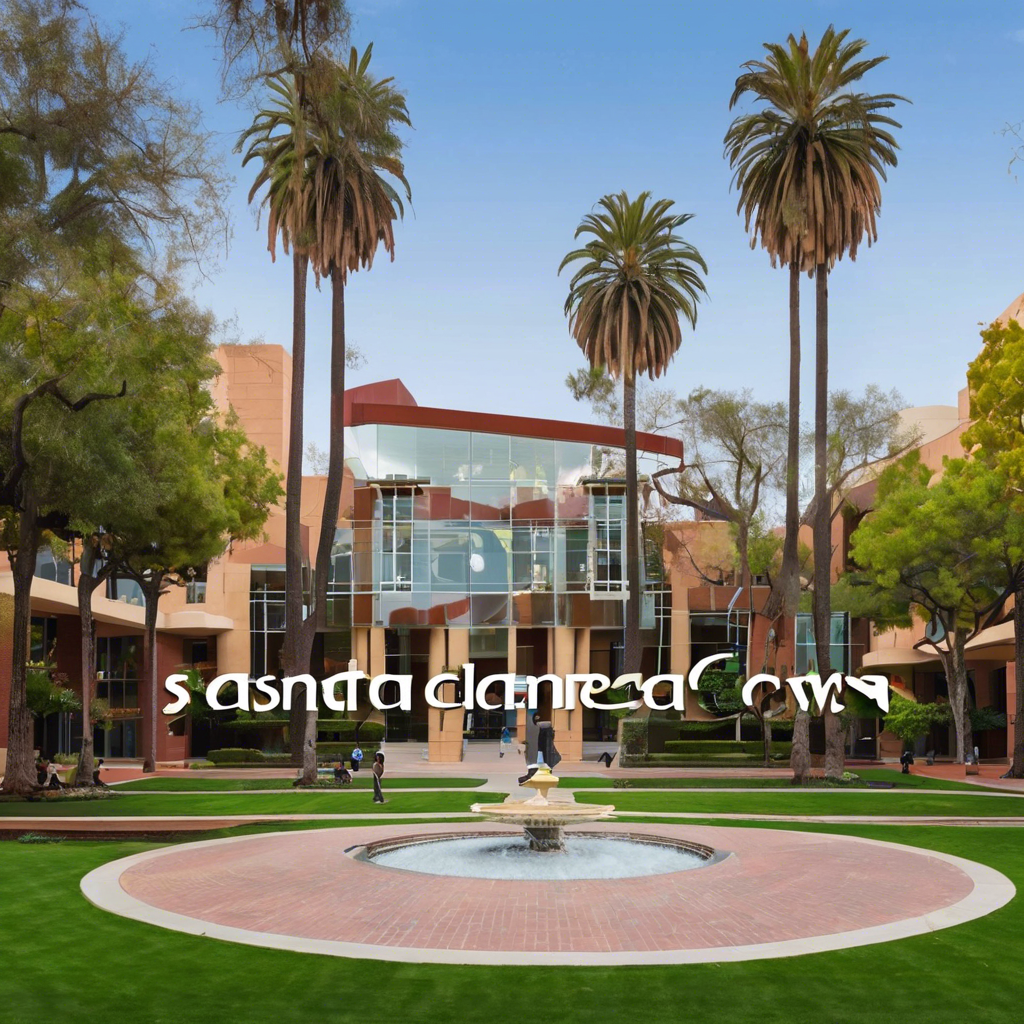Santa Clara MBA Cost :
Santa Clara University, located in the heart of Silicon Valley, offers a prestigious MBA program that attracts students from all over the world. The cost of pursuing an MBA at Santa Clara can vary depending on several factors, including tuition fees, living expenses, and additional charges. In this article, we will delve into the details of the Santa Clara MBA cost to help prospective students make informed decisions about their education and financial planning.
Tuition fees are a significant component of the overall cost of an MBA program at Santa Clara University. For the current academic year, the tuition for the full-time MBA program is approximately $59,500 per year. This cost covers the academic instruction, access to resources, and various student services provided by the university. It is essential for students to budget for tuition fees to ensure they can cover this expense throughout the duration of their MBA program.
In addition to tuition fees, students pursuing an MBA at Santa Clara must also consider living expenses as part of their overall cost. Living in Silicon Valley can be expensive, with the cost of housing, transportation, food, and other essentials being higher than in many other parts of the country. It is recommended that students research and budget for these expenses to avoid financial strain during their time at Santa Clara University.
Another factor to consider when calculating the cost of an MBA at Santa Clara is the cost of books and materials required for coursework. While some course materials may be available online or through the university library, students may still need to purchase textbooks, software, and other resources to support their studies. Budgeting for these additional costs is essential to ensure students have everything they need to succeed in their MBA program.
An often overlooked aspect of the Santa Clara MBA cost is the opportunity cost of pursuing an MBA. Many students who choose to pursue an MBA at Santa Clara may have to leave their current jobs or take a break from their careers to focus on their studies full-time. This decision can result in a loss of income and career advancement opportunities, which should be factored into the overall cost of the MBA program.
Financial aid and scholarships can help offset the cost of pursuing an MBA at Santa Clara University. The university offers a variety of scholarships and financial aid options for eligible students, including merit-based scholarships, need-based grants, and student loans. Prospective students are encouraged to explore these opportunities and apply for financial aid to help reduce the financial burden of their MBA program.
For international students considering pursuing an MBA at Santa Clara, additional costs may apply, including visa fees, health insurance, and travel expenses. It is essential for international students to budget for these expenses in addition to the standard tuition and living costs associated with the MBA program. Planning ahead and understanding all potential costs can help international students make a smooth transition to studying in the United States.
One way for students to manage the cost of pursuing an MBA at Santa Clara is through part-time work or internships. Many students choose to work part-time or participate in internships during their MBA program to gain valuable work experience and offset some of the costs associated with their education. However, it is essential for students to balance their work commitments with their academic responsibilities to ensure they can succeed in their MBA program.
The return on investment of an MBA from Santa Clara University is another important consideration for prospective students evaluating the cost of the program. Graduates of the Santa Clara MBA program often see a significant increase in their earning potential and career opportunities after completing their degree. It is essential for students to weigh the potential long-term benefits of an MBA against the short-term costs to make an informed decision about pursuing their education at Santa Clara University.
Networking opportunities and career support services provided by Santa Clara University can also contribute to the overall value of pursuing an MBA at the university. Students have access to a vast network of alumni, industry professionals, and recruiters who can help them secure internships, job opportunities, and career advancement after graduation. The career services team at Santa Clara offers resume assistance, interview preparation, and networking events to support students in their professional development.
In conclusion, the cost of pursuing an MBA at Santa Clara University is a significant investment in one’s education and future career prospects. By considering factors such as tuition fees, living expenses, additional costs, financial aid options, and potential return on investment, prospective students can make informed decisions about their education and financial planning. Santa Clara University offers a world-class MBA program that prepares students for success in the dynamic and competitive business environment of Silicon Valley and beyond.
